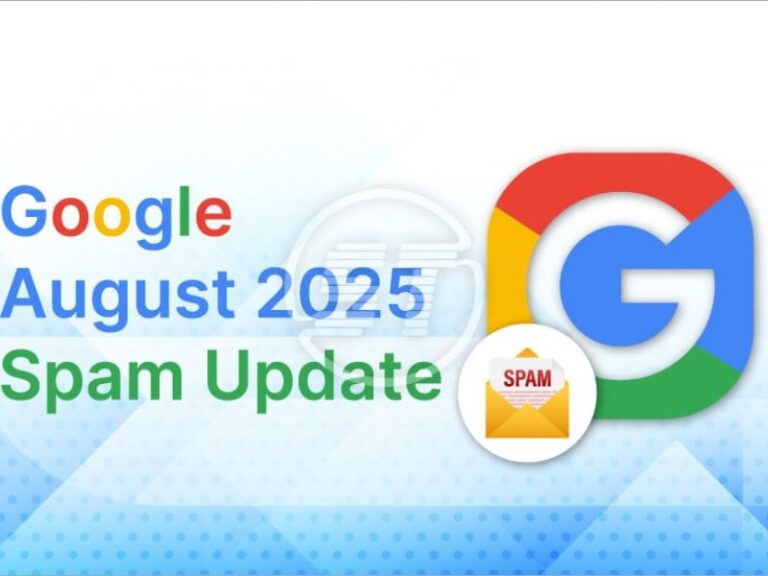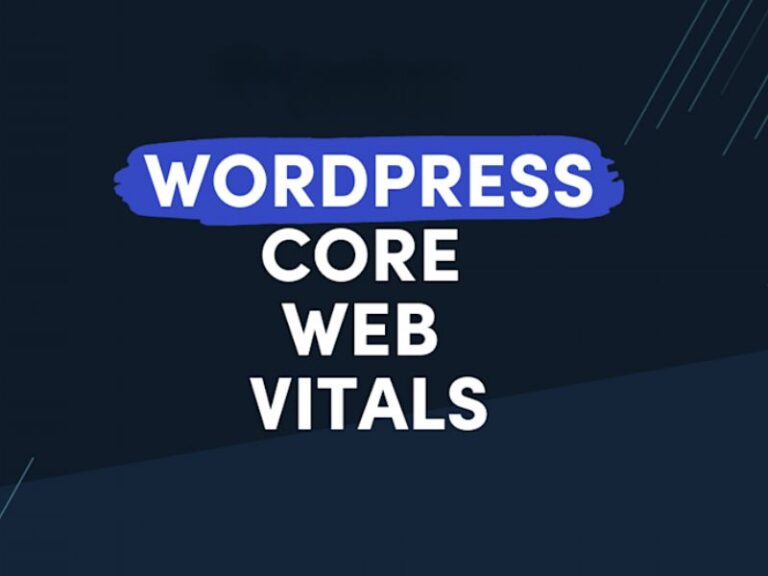Pay-per-click (PPC) marketing remains one of the most effective digital advertising strategies to drive targeted traffic and boost conversions. A recent study by WordLead revealed that businesses investing in PPC saw a 50% increase in conversions — showcasing its unmatched potential. With precise targeting and compelling call-to-action (CTA), PPC campaigns not only capture attention but also create a direct pathway for your sales funnel.
Despite its effectiveness, many small businesses shy away from PPC due to budget concerns. According to a report by Clutch, fewer than half of small businesses allocate any budget to PPC. This leaves a massive opportunity for those ready to invest in paid traffic.
To unlock the full potential of PPC, it’s crucial to build a strategy grounded in business goals and consumer behavior. Below, we outline the core steps for building a successful PPC campaign, inspired by professional-level PPC campaign management services.
Effective PPC Campaign Strategy: A Step-by-Step Guide
Your PPC plan should never work in isolation — it must be a cohesive part of your broader digital marketing strategy. Let’s walk through the essential steps to crafting a high-performing PPC campaign.
Strategic Planning
Before setting up a PPC campaign, define the purpose of your digital marketing efforts. Are you aiming for lead generation, sales, or brand visibility? Let your PPC goals align with this bigger picture.
- Set Clear Goals and Budgets:
Whether your goal is more clicks or conversions, define it first. If you aim to improve brand awareness, optimize your campaign for impressions. Then, determine your keyword targets and budget accordingly. According to Accuracast, the first Google Search ad receives a 7.1% click-through rate (CTR), which drops to 0.55% by the ninth position — showing how crucial your ad’s rank is to results.
Competitor Analysis
Learning from your competitors can fast-track your PPC success. Use tools like SEMrush, SpyFu, or Ahrefs to identify:
- What keywords they’re bidding on
- Their ad copy messaging
- Landing page strategies
According to a report from Acquisio, only 9% of respondents were utilizing Amazon as a PPC platform — highlighting how alternative platforms may offer easy wins with less competition.
Keyword Research
Keywords are the foundation of PPC. Without choosing the right ones, your campaign won’t reach the right audience.
- Use keyword tools (like Google Keyword Planner or Ubersuggest) to identify:
- High-intent keywords (e.g., “buy running shoes online”)
- Long-tail keywords with lower competition
- Negative keywords to exclude irrelevant traffic
This step ensures every dollar is directed toward qualified prospects and aligns with your short- and long-term marketing goals.
Campaign Execution: Turning Strategy Into Action
Campaign Setup
Using insights from planning and keyword research, begin creating your PPC ads.
- Select high-performing keywords.
- Craft a powerful CTA that’s aligned with your product or service.
- Match your audience’s intent. For example, if you sell made-to-fit trousers, your ad should target keywords like “custom-fit pants” or “tailored jeans online.”
Interestingly, a study from Hanapin Marketing found that 71% of marketers believe text-based ads outperform other ad formats — so ensure your copywriting is impactful.
Write Compelling Ad Copy
Your ad copy is the first touchpoint between you and your customer. Make it count.
- Use the primary keyword in both the headline and description.
- Include a benefit-driven message or a relevant stat.
- Stay compliant with ad platform policies (like Google Ads or Microsoft Ads) to avoid disapproval or account suspension.
Design High-Converting Landing Pages
Your landing page is where the magic happens. It should deliver exactly what your ad promised.
- Match the landing page message with your ad copy.
- Keep the design clean, mobile-friendly, and fast-loading.
- Avoid surprise sign-up requests — if registration is needed, mention it in the ad.
Consistency between the ad and landing page improves trust, lowers bounce rate, and increases conversions.
Optimization: Fine-Tuning for Better ROI
Use Negative Keywords Strategically
Every irrelevant keyword you bid on burns your budget. That’s why negative keyword lists are crucial.
- Identify keywords that drive impressions but no clicks or conversions.
- Add them to your negative keyword list to improve ad relevance and lower costs.
Boost ROI by Pruning Low Performers
Not every ad or keyword will work. To improve return on investment:
- Pause underperforming keywords and ad groups.
- Reallocate your budget to campaigns or ad sets generating high CTR or conversions.
- Experiment with new variations of successful ads.
Track KPIs, Analyze & Report
No campaign is complete without analytics.
- Use Google Ads and Google Analytics to track impressions, CTR, conversions, bounce rates, and cost per acquisition (CPA).
- Generate weekly or monthly reports to identify trends.
- Optimize based on performance — improve high-performing assets and eliminate inefficiencies.
Conclusion
Running a successful PPC campaign isn’t just about spending money — it’s about spending it wisely. From keyword selection to crafting compelling ad copy and building matching landing pages, every element must align with your business goals. More importantly, consistent optimization ensures that every dollar spent is directed toward real business growth.






